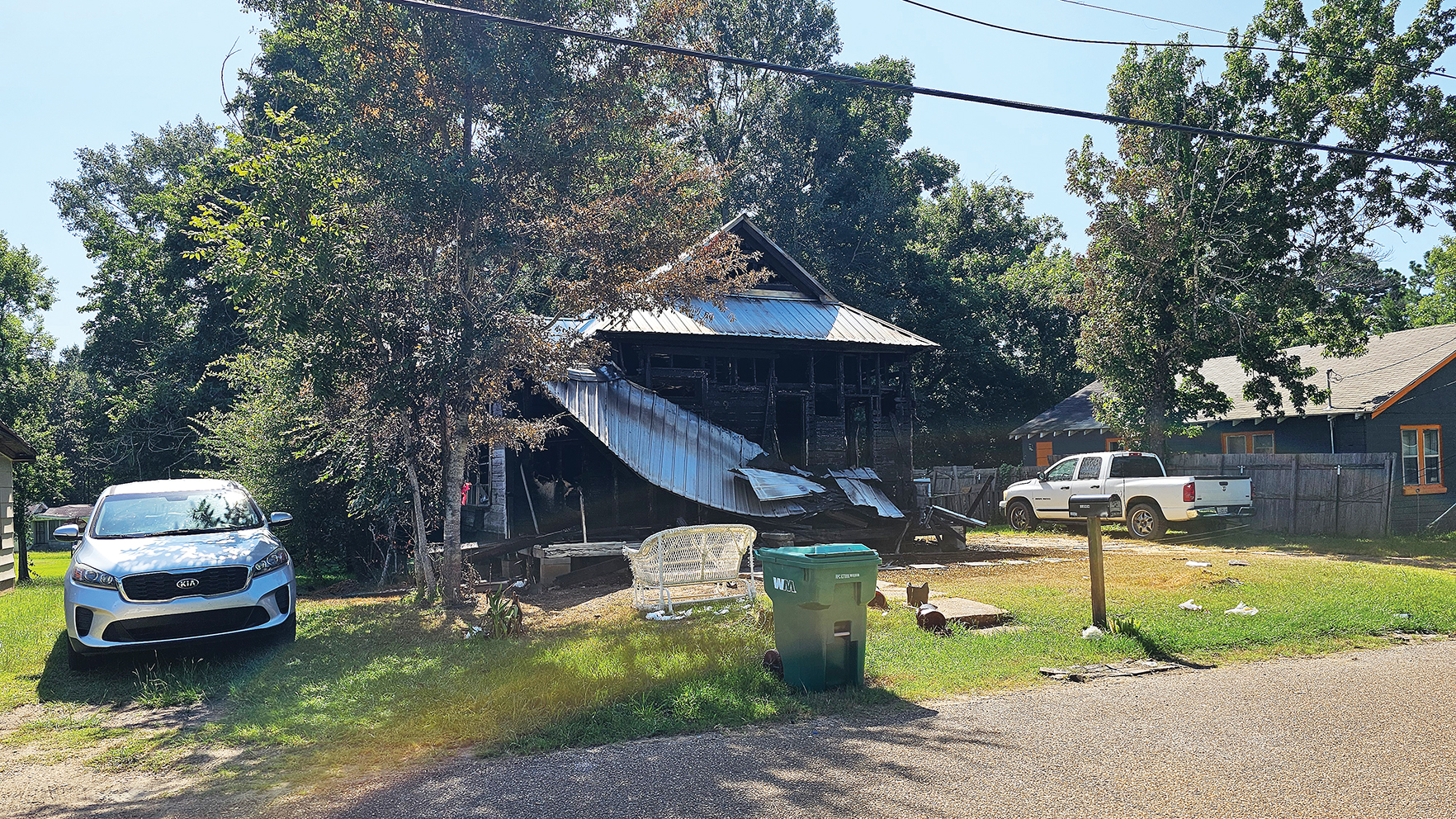City, county amend FY18 budgets
Published 8:58 pm Monday, October 29, 2018
Both the city and county have made final revisions to the previous year’s budgets and filed them away, moving money in and out of funds to balance what was against what was planned.
The City of Brookhaven made final amendments to adjust large sums of money, with $2.2 million unspent dollars deducted out of over-stuffed funds and $1.2 million added back onto accounts that spent more than initially projected. The Lincoln County Board of Supervisors, meanwhile, planned last September for slightly more than $20 million in expenditures, but closed out Fiscal Year 2018 at more than $26 million, with the overage consisting of the $5 million bond for road and bridge repairs, close to $1 million for repairs to Manufacturers Boulevard and unplanned expenses to house an increased number of inmates in the Lincoln County Jail.
“We spent 104 percent, and the biggest part of that was for the jail,” said Lincoln County Administrator David Fields. “From a general fund standpoint, we were in the black — we took in more than we spent. The budget is a spending diagram, but it’s never as accurate as you want it to be. To be under 5 percent in the general fund is pretty good.”
Trending
Supervisors closed the book on the previous fiscal year by approving an amended budget that brought in total revenues of $28.12 million and spent $26.47 million, leaving around $1.65 million in cash for the new fiscal year that started Oct. 1.
The county ran into unplanned expenditures and brought in unplanned income to meet them, with almost all the over-budget amounts coming from loans. Last year, supervisors took out bonds for road and bridge repairs, industrial park access, replacing the jail roof, rehabilitating the Ability Works building and repainting structural steel at the Lincoln Civic Center.
After final adjustments, the county brought in almost $12.7 million in taxes, $7 million in financing, $3.3 million in intergovernmental funds and $2 million in charges for services, with the remaining roughly $3 million brought in from miscellaneous and smaller sources.
The bulk of that money was spent on general government operations ($6.9 million), public works ($8.2 million) and public safety ($4.8 million). The county did not go over budget through any of the adjustments, Field said.
“I wish it was $5 million, but if we can end the year with a million dollars in the general fund, that’s the bottom line of where I want to be,” he said. “We won’t collect a lot of our revenue until after the first of the year, when property taxes come in, so we’ll need some money to operate with.”
The city didn’t bust, either, but its final budget required significant recalculation.
Trending
Aldermen on Oct. 16 approved their final budget revisions by moving around a combined $3.4 million — almost a quarter of the $14.2 million budget — pulling money out of accounts where too much cushion was given and dropping it into accounts where spending outpaced expectations.
Eight hundred thousand dollars was subtracted from the fire station construction account — the new station wasn’t built last year, with aldermen finally settling on a location on First Street Sept. 20 this year. The board removed $249,000 for airport improvements that haven’t yet been constructed, almost $214,000 for sales tax revenue that never materialized, a hoped-for taxi grant for the airport caused $190,000 to be deducted and realty taxes came in at $170,000 under projections.
By contrast, the board had to dump an additional $313,000 into its legal and professional services account, add $176,000 for its share of the Manufacturers Boulevard project and add $108,000 for street department salaries. Increases averaging $20,000 each were made to almost 30 other accounts.
City Clerk Samantha Melancon said most of the legal and professional services adjustments were for engineering fees related to the city’s recent water and sewer expansion. She said the city was unsure of when the Manufacturers Boulevard bill would come due, but neither that nor any of the other adjustments caused the city to outspend its revenue.
“In the end, it washes everything out,” she said. “We won’t have those fees this year because, now, the work is being done. We’ve paid for a lot of it already.”





